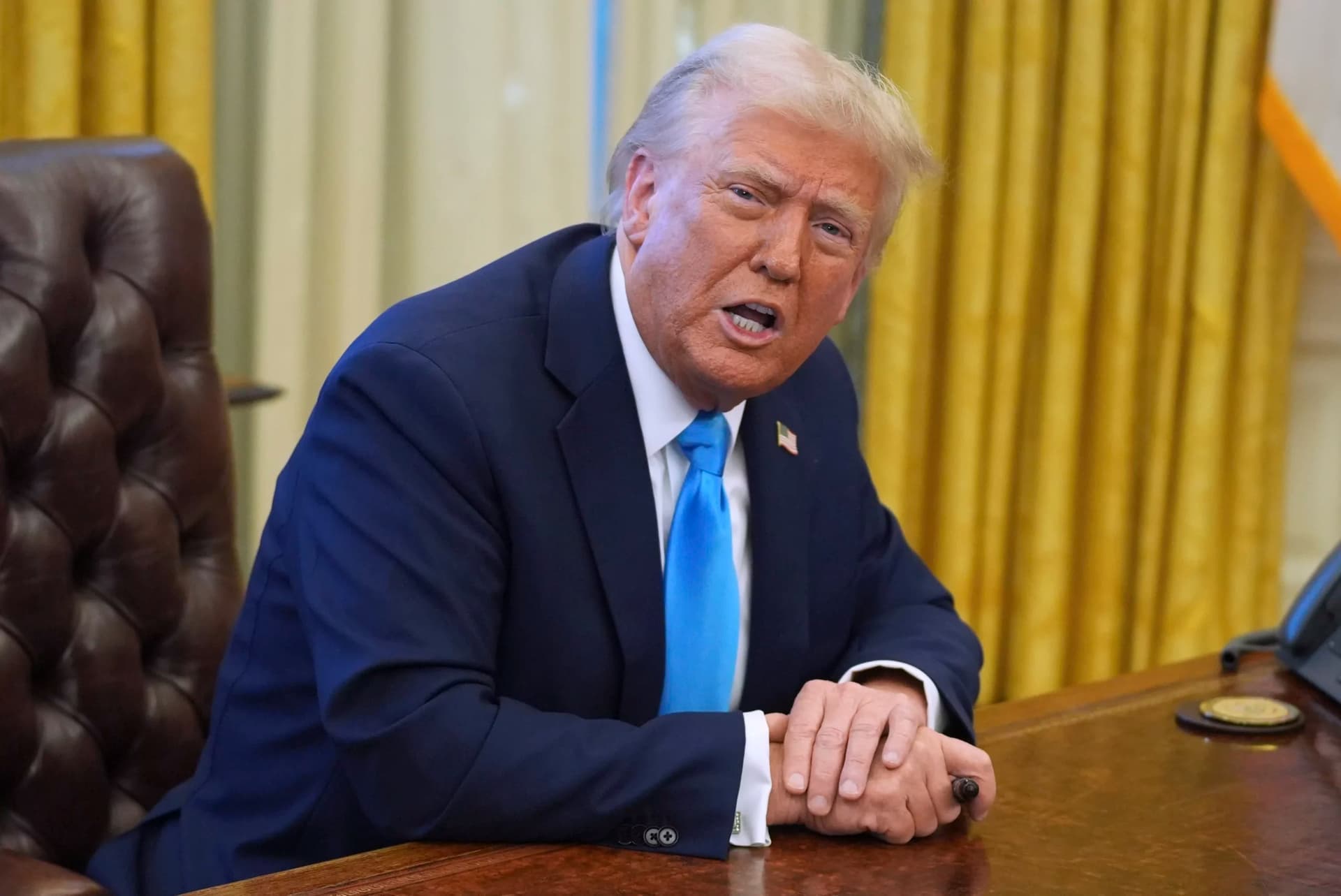Trump Orders Review of Muslim Brotherhood Chapters for Terror Designation
President Trump signed an executive order directing a formal interagency review to determine whether some chapters of the Muslim Brotherhood should be designated as foreign terrorist organizations and specially designated global terrorists. The move could trigger targeted sanctions and travel restrictions and raises fresh questions about religious freedom, regional stability, and U.S. influence in the Middle East.

President Trump on Monday signed an executive order directing the administration to conduct a formal review of whether certain chapters of the Muslim Brotherhood merit designation as foreign terrorist organizations and as specially designated global terrorists. The White House identified examples of Brotherhood affiliated groups in Lebanon, Egypt and Jordan as subjects for evaluation, and instructed the State and Treasury departments to assess specified entities and report their findings to senior policymakers.
The order sets in motion an interagency examination rather than an immediate entry on the State Department list, according to reporting by Reuters. If the review yields a decision to designate groups, the legal consequences would be significant. Designations could lead to targeted sanctions, asset freezes administered by the Treasury Department, travel restrictions and criminal penalties for materially supporting listed groups. Those measures would align with existing U.S. tools used against organizations judged to pose transnational security threats.
The White House framed the action as confronting what it described as a transnational network that fuels terrorism and destabilization. Administration officials are expected to marshal intelligence, financial evidence and diplomatic assessments as part of the review. The move revives a debate that has intermittently surfaced in Washington about how to treat organizations that span political, social and religious activity across borders.
Civil liberties advocates and some foreign governments reacted quickly, warning that blanket or expansive designations could imperil religious freedom, restrict legitimate political activity and complicate relations with regional partners. Critics say a U.S. designation could be used by authoritarian governments to justify broad crackdowns on opposition groups, charities and media that have loose or historical ties to Brotherhood currents. Governments in the region will be watching closely, because any U.S. decision is likely to have ripple effects for local politics and cross border alliances.
Global legal experts caution that labeling transnational movements raises complex questions about evidence standards and causation. Under international and domestic law, designations that carry penalties require proving links between an organization and specific violent acts or operational support. The administration will face the task of demonstrating that the targeted entities meet those thresholds without sweeping in harmless civil society actors.
Diplomatically the review places Washington at the center of a fraught regional issue. Some Middle East governments already treat the Brotherhood as a national security threat, while others engage with its political offshoots as part of mainstream politics. A U.S. designation could align Washington with regional hardliners who favor suppression, or it could complicate relations with partners that see the Brotherhood as a legitimate political actor.
The outcome of the review will shape U.S. counterterrorism policy and influence the balance between security measures and protection of political pluralism across the Middle East. The State and Treasury departments have been given a deadline to complete their assessments, and any subsequent listings would trigger a new round of legal and diplomatic contests as Washington decides how to classify a movement that has been both a political force and a lightning rod for controversy.


